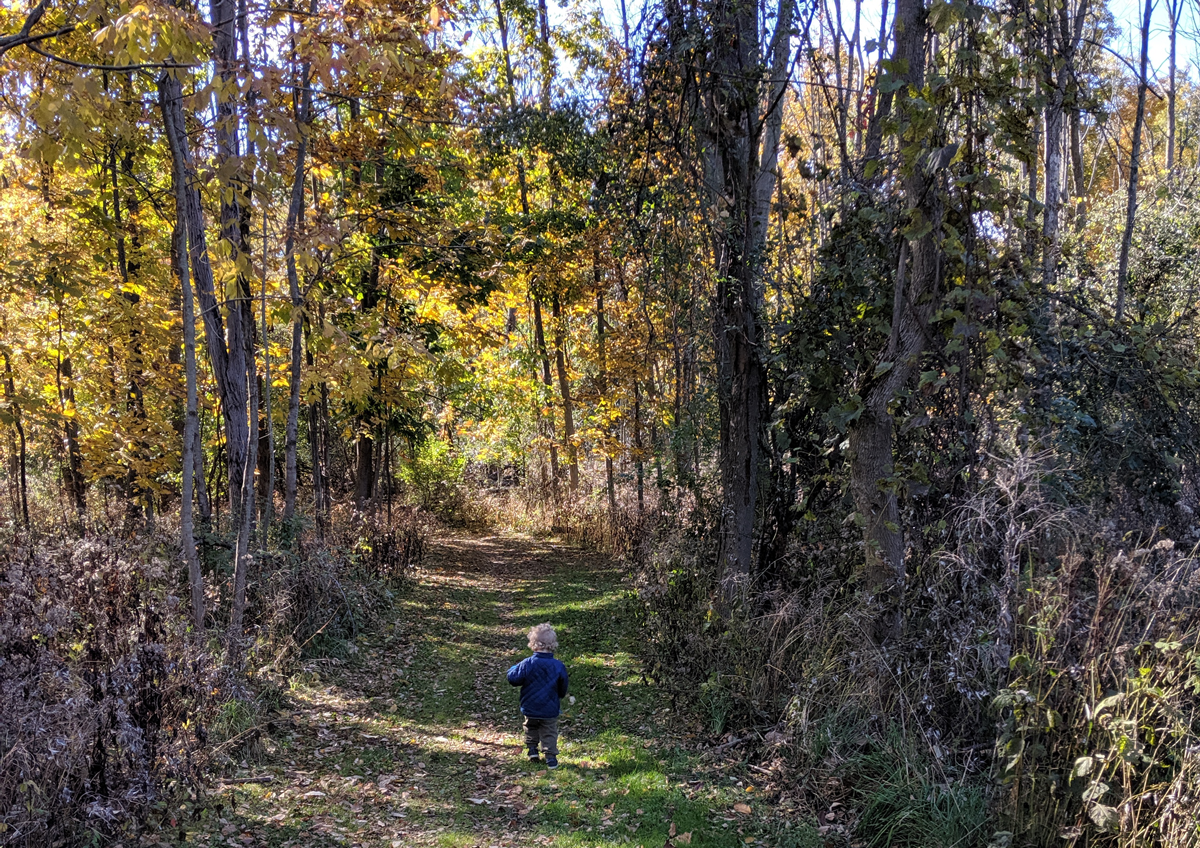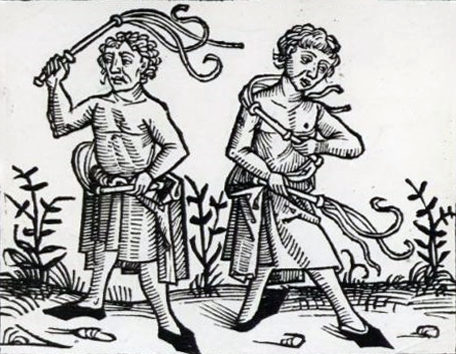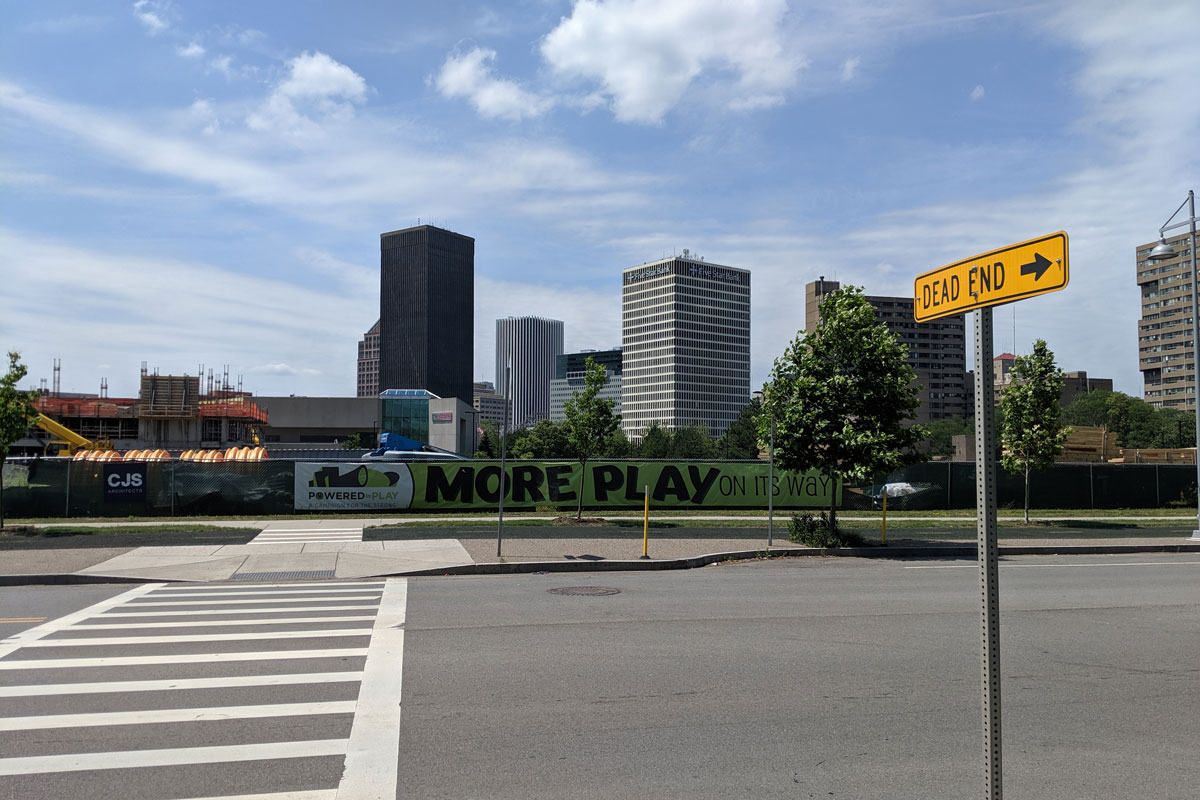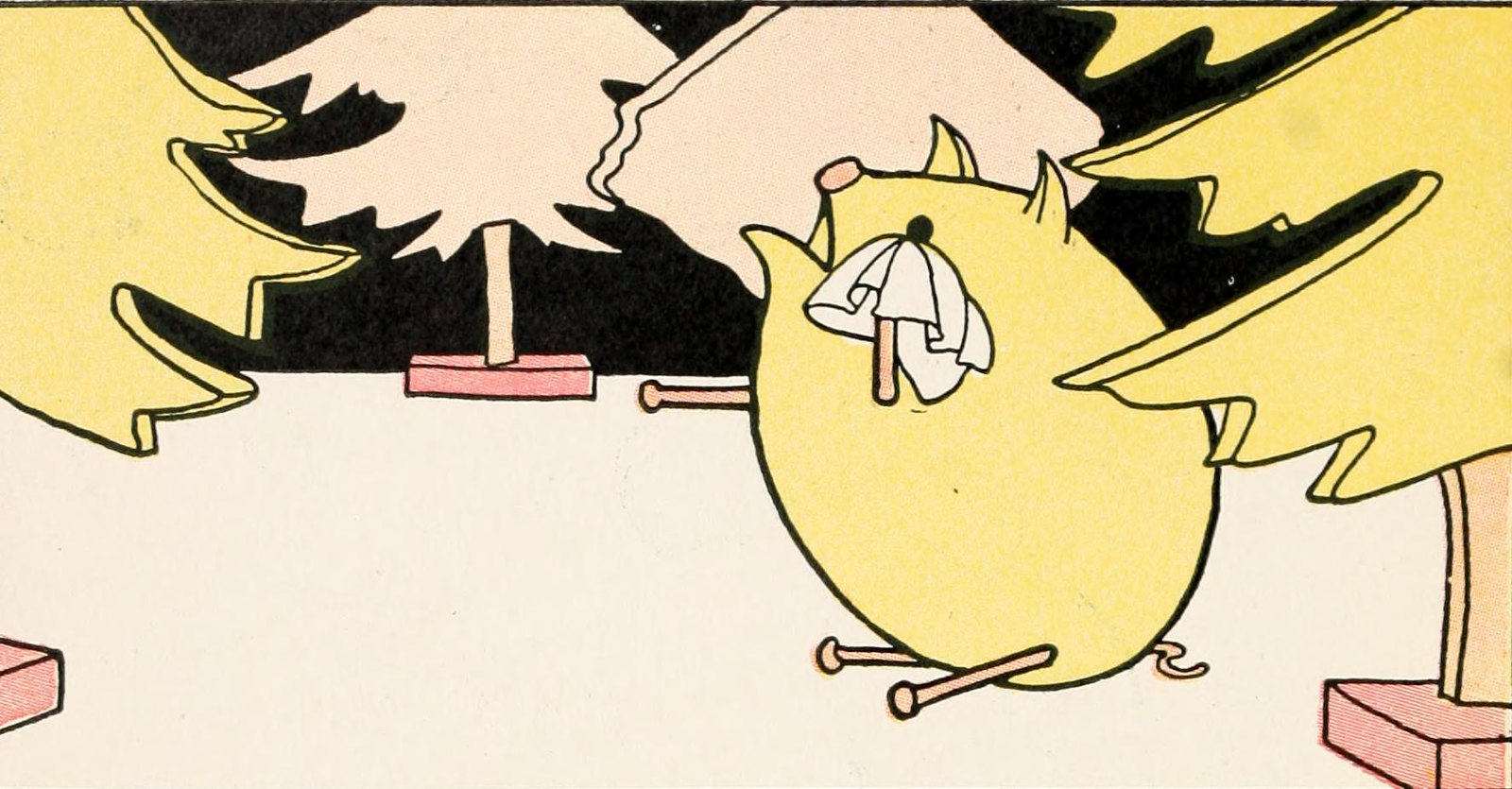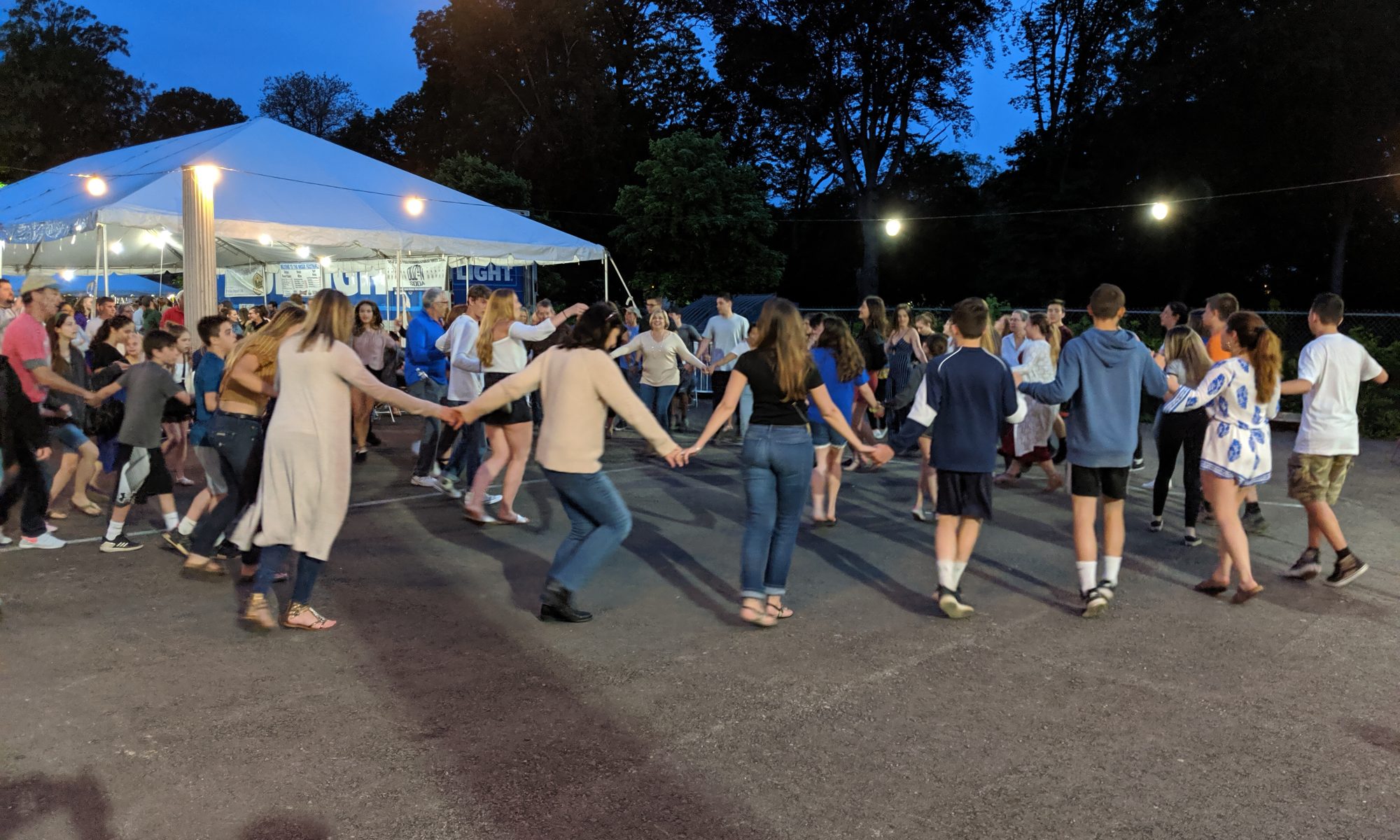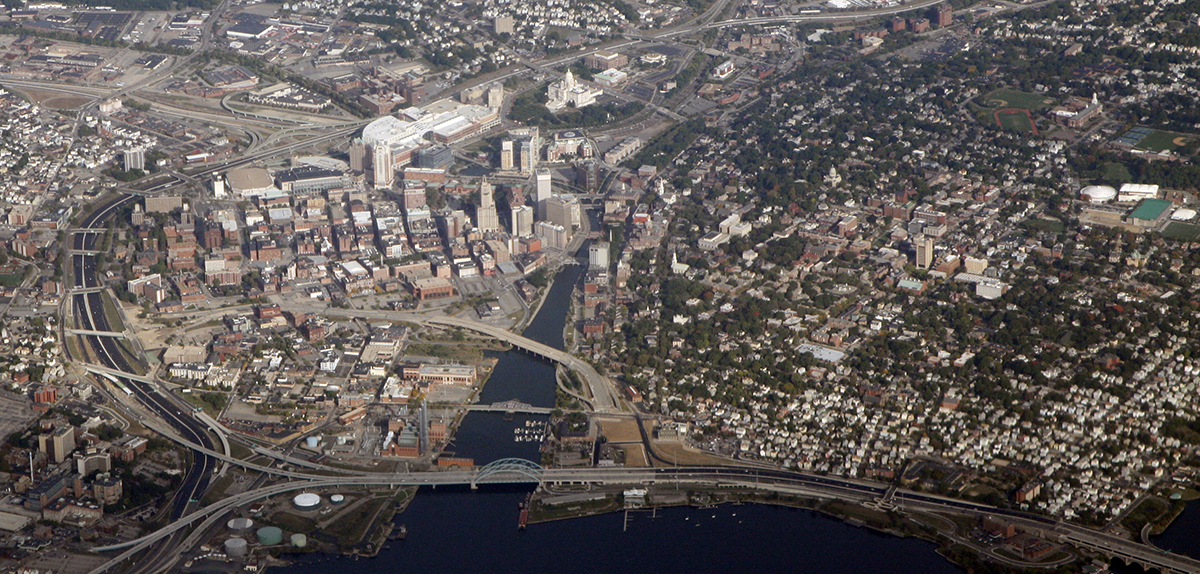1. Things in the woods
2. What or where is the uncommodified?
3. Policies for limiting commodification?
It Was Spooky Back Then
I can’t lie—I have at times in my life used the line “people didn’t need this back then” to justify my opinions about contemporary society. Sometimes Back Then is 19th century England, Medieval Europe, or some far off prehistoric time. People didn’t sit around on their phones Back Then, did they?
Continue reading “It Was Spooky Back Then”Rochester’s Very Own Uberlin Wall
Rochester’s Inner Loop was once the envy of urbanization. That was in the 1960s, when American cities were redesigned entirely to accommodate the car as a signal of a better future, much like elsewhere. Thanks to the speed at which Kodak and Xerox executives, for instance, could shift between their offices and suburban homes, Rochester earned the reputation of having the shortest commute in all of the U.S.
Continue reading “Rochester’s Very Own Uberlin Wall”9.25.19: 2
1. Say it three times
2. The lonely crowd
9.14.19: 3
1. Keeping up
2. Where does value come from?
3. Cool illustration
8.20.19: 3
1. That’s not what I remember
2. Digital and analog classes
3. Digital culture hegemony
No More Mr. Nice Guy
A journalist I knew hated it when I described people as “nice.” He would make a face to imply meh, anyone can be nice. It was, for him, an empty word. He wanted something more, he needed details that opened the person up, fleshy information that he could really stick his teeth into. “Nice” doesn’t allow that. It’s too general and, especially for an entrepreneurial journalist, too boring.
Continue reading “No More Mr. Nice Guy”The Life-changing Magic of Crowds
A friend I once had often expressed how much she didn’t like crowds. They made her feel uneasy, anxious, she explained whenever she could. It was who she was, she said. She wasn’t a “crowd person,” but a “home body,” she always politely affirmed. Crowds were too much for her because, I was meant to believe, she had a more sensitive disposition than most.
Continue reading “The Life-changing Magic of Crowds”Providence Circa 1998, Walking Around Cities, and Unlikely Populism
I’ve always had an amateurish interest in cities: how they work, how they’re built, what makes one likeable and another not. Walking around a new place, seeing new types of buildings and how things are organized, is one of my favorite things to do.
In college, I came across Guy Debord and Situationism, and became interested in the concept of the dérive, which gave a cool, avant-garde, and sort of subversive edge to walking around. My closest friends at the time and I actually spent most of our time walking around the small city where we we went to school.
Continue reading “Providence Circa 1998, Walking Around Cities, and Unlikely Populism”